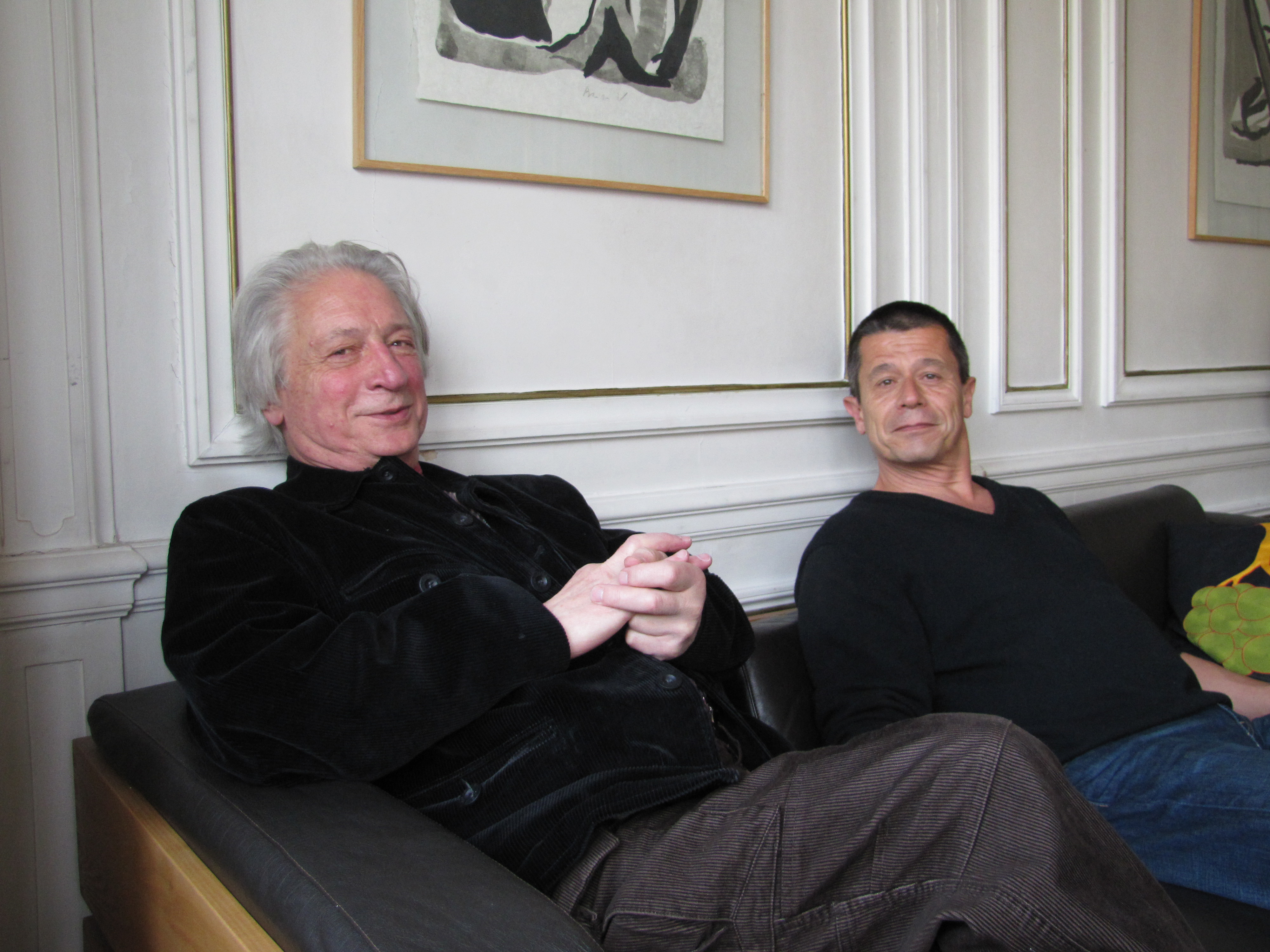In this lullaby, well-known to all Russian children, a mother is singing to her son. She is using the gentlest and sweetest words : Spi, malioutka, boud' spakoien... Spi moï angel, tikho, sladko... Spi, ditia moié radnoié... She wishes to keep him close to her but also she wishes him to grow and become a brave man like his father. She would like to send him into battle whilst, at the same time, protecting him. This conflict between two strong and contradictory desires, I imagine is felt by all mothers and I understood this when, having become an adult, I read the text by the poet Lermontov. As a child, I understood nothing of it, I allowed myself be lulled, this is why one sings lullabies.
About ten years ago, I was making a documentary film in a small Russian town which, having started as a rather vague chronicle, became a sort of tragedy without my meaning it to be. A young mother and her child die, brutally assassinated. For them and also for me, it became obvious that the music for this film should be a lullaby. It also became obvious to me that Nicolas should write it – well, to write it, to adapt it, to compose variations on its very simple theme. When I asked him about this, he replied: "I have already done it, you know". And he reminded me of something I knew and had forgotten, which was that the theme of the lullaby had been slipped into a symphonic work called Souzdal, as a request from his sons, François and Alexandre. This is a sort of dream, solemn and hieratic, about a Russian town of the same name, or rather – as Nicolas, when he composed it, had not been there – is about the name of this Russian town, a name which brings to mind the domes of Russian churches, the metal of the iconostases, the high walls of a fort which one defends against invisible invaders, as in The Tartar Steppe. Also in Souzdalthere is an entrancing trumpet solo conceived as a homage to Miles Davis. I used it as it was, in a rather strange, but I hope convincing way, at a particular moment in the film Retour à Kotelnitch. Moreover Nicolas agreed to do what I had asked: to compose a dozen variations on the lullaby, all of which found a place in the film, this happening naturally as if the images were calling to them. The conversation between Nicolas and myself – about music, books and life – has lasted for at least forty years, it is precious to me and, I think, also to him. It was essential to me that the film had this imprint. If, on closing my eyes, I think of it, what comes to mind is always the long fixed plan where Galina Sergueievna tells us, with shrieking laughter more painful than any shedding of tears, a story which, sitting facing her and nodding my head from time to time, I only understood half of and which I listened to, petrified, in a sort of stuporous hebetude. Souzdal takes care of this. Souzdal, here, is the equivalent of a voice off and I find it normal, in harmony with that which binds us, that the most intimate of my inner monologues should be irrigated by Nicolas' music.

At Emmanuel Carrère's, uncle et nephew in 2012. (photo CZ)